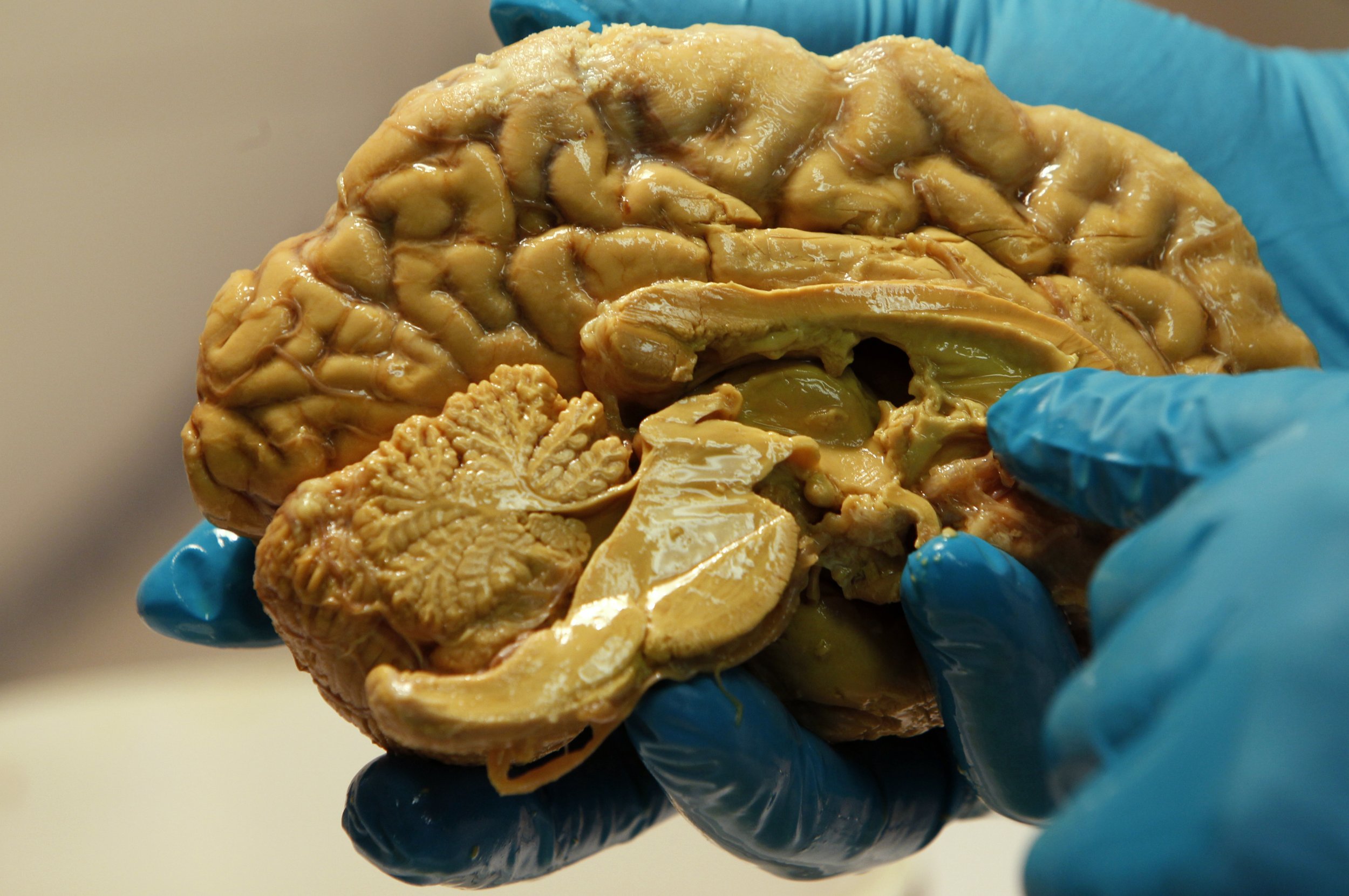Having schizophrenia presents a host of challenges that affect a person’s emotions and behaviors. The disease can be difficult to understand, and one of the biggest questions people have is this: Is schizophrenia hereditary? New View Wellness in Atlanta explores this topic to help people better understand a mental illness often clouded in mystery. Our outpatient program offers multi-disciplinary therapies to help people manage their symptoms of schizophrenia. Our team of skilled clinicians works with both adult and teenage populations to provide highly effective care. Our staff also provides opportunities for prescription drugs that help control many of the symptoms of schizophrenia.
What is Schizophrenia?
Schizophrenia is a brain disorder that impacts how a person thinks, acts, and perceives both themselves and the world around them. This mental health disorder is classified as a thought disorder and requires structured treatment from mental health experts. Schizophrenia typically becomes diagnosable during late adolescence or early adulthood. Approximately 0.25% to 0.64% of people in the U.S. have schizophrenia and related psychotic disorders. About half of them also have a co-occurring mental health disorder or behavioral disorder, such as anxiety, depression, or addiction to drugs or alcohol. Sadly, almost 5% of those who have schizophrenia commit suicide, and the risk is highest when the person is in the early stages of their illness.
Is Schizophrenia Hereditary?
In determining the answer to, “Is schizophrenia hereditary?”, it’s important to look at how the details of the answer differ in relation to the closeness of the particular relative who has it. The National Library of Medicine reported on the risk of developing schizophrenia by looking at the degree of the genetic relationship. The report stated the following:
- A child of two parents who both have schizophrenia has a 27% chance of developing it.
- Monozygotic twins (also called identical twins) have a 50% chance of developing schizophrenia
- Someone with a first-degree relative with schizophrenia has a 9% chance of developing it
- A person with a third-degree relative has a 2% chance of having schizophrenia
- An adopted child with one biological parent with schizophrenia has a risk of developing it that is 6 to 10 times higher than usual
When a variation in a person’s genes exists, that can contribute to a risk of developing schizophrenia. Exactly how these genetic changes relate to this phenomenon is not yet fully understood and continues to be the focus of much research. In addition, genetics can combine with environmental factors in a person’s life. This includes being exposed to infections before birth and living in a severely stressful or traumatic environment as a child.
If a Family Member Has Schizophrenia, Will I Get It?
It’s understandable why someone wondering, “Is schizophrenia hereditary?” would feel stressed. Having good mental health is vital to enjoying life, and the threat of having a mental health disorder can hang over one’s head. While the risk of developing schizophrenia when a family member has it is increased, most people in this situation do not go on to develop the mental illness.
Signs and Symptoms of Schizophrenia
Someone wondering, “Is schizophrenia hereditary?” because of a family history of the illness will wonder what symptoms indicate the presence of this mental illness. Common signs of schizophrenia include:
- Hallucinations, visual and/or auditory
- Delusions
- Disorganized speech
- Other people have difficulty understanding the person or keeping up with their conversations
- Difficulty taking care of responsibilities such as cooking, housekeeping, and personal hygiene
- Poor impulse control
- Lack of emotion and seeming to be checked out of what’s going on
- Combative behavior
- Reacting abnormally to people and situations
- Isolating from others
Is There an Effective Treatment For Schizophrenia?
A quality program that treats people with schizophrenia will provide multiple types of therapy. This helps the individual tackle the task of minimizing their symptoms with the help of more than one type of therapy modality. Psychotherapy helps people form a trusting bond and become comfortable discussing their emotions, behaviors, and fears. Dialectical Behavior Therapy can also assist in helping someone with schizophrenia. This type of therapy teaches mindfulness and how to regulate a person’s emotions. It also helps people develop better distress tolerance.
Family therapy also helps a great deal because it brings together loved ones to learn how best to support a family member with schizophrenia. Psychiatry sessions that include the use of prescription medications offer a way to improve a person’s symptoms. In fact, these types of medication prove vital in helping people maintain some control over a challenging mental health disorder like schizophrenia.
Begin Treatment for Schizophrenia in Atlanta Today
If you are wondering, “Is schizophrenia hereditary?”, it likely impacts your life or the life of a loved one. Living with this mental health disorder can feel lonely because too often people don’t know where to turn for help that makes a true difference. New View Wellness in Atlanta created a program to treat schizophrenia that teaches people the power they can develop to decrease their symptoms. Our staff works with the individual and also offers family counseling to bring loved ones together in pursuit of helping the individual. We offer evidence-based therapies and access to FDA-approved medications that help people rise above their circumstances and enjoy life more fully.
Do you have any questions about our schizophrenia treatment program? Contact us today and let’s talk about how we can help you or someone you love.

